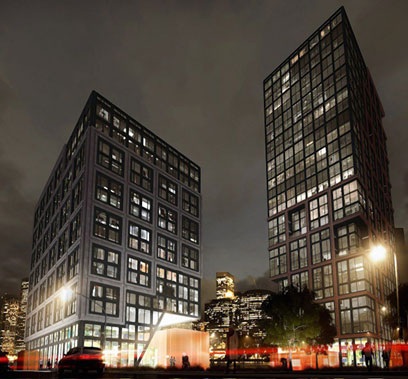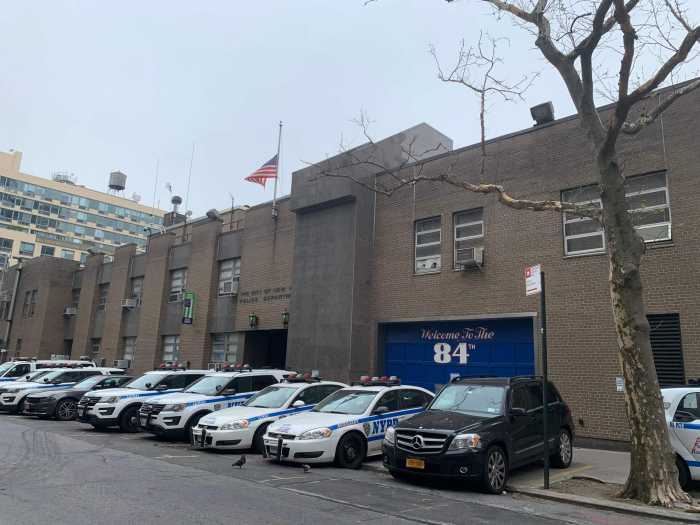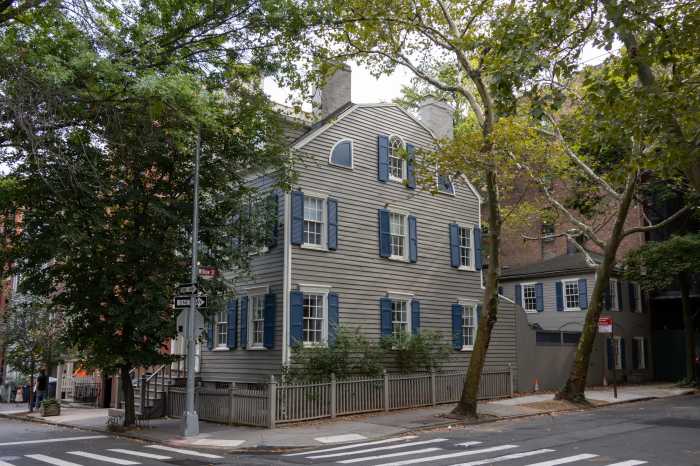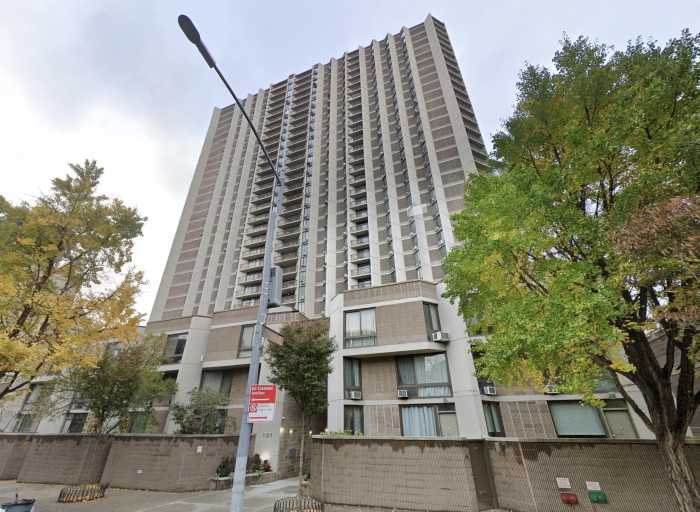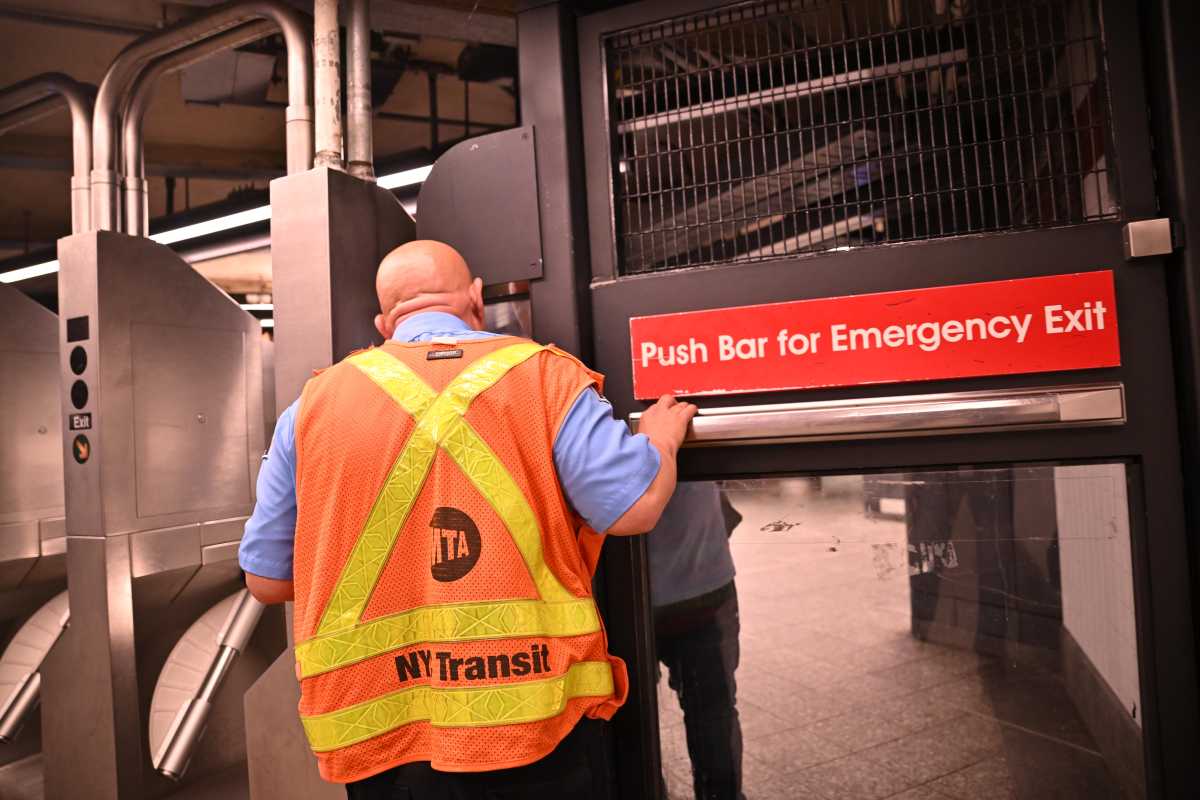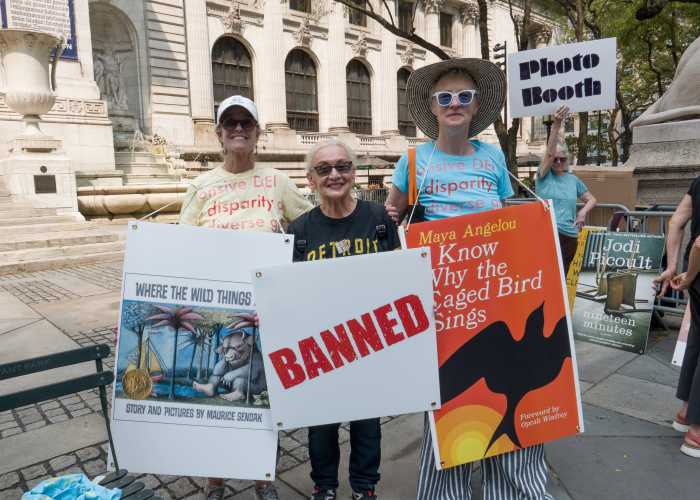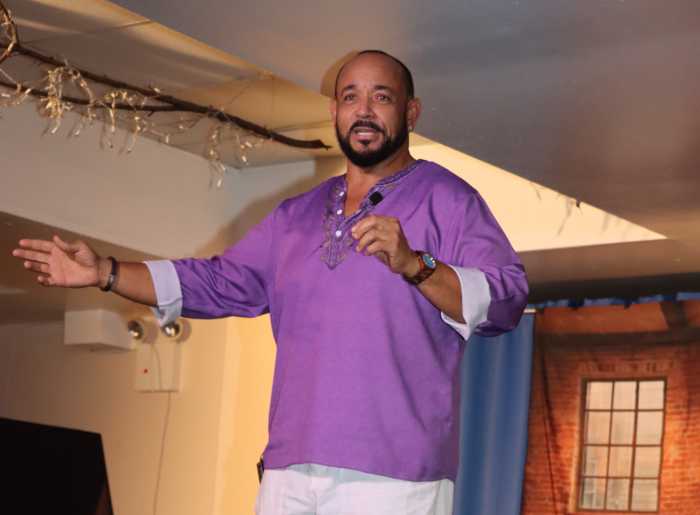Lawyers for Brooklyn Bridge Park have agreed to allow the Brooklyn Heights Association to discuss confidential talks about plans for Pier 6 with two activists not involved in a lawsuit to stop the construction of two controversial apartment towers planned for the park, The Brooklyn Paper has learned.
The move, demanded by the Heights Association, slightly opens a confidentiality agreement that limited the talks to the litigants. Two weeks ago, Justice Lucy Billings ordered the two sides to come up with a compromise, essentially putting the fate of Pier 6 in the hands of the two powerful organizations, but the Association protested, demanding others be allowed in on the action. Still, the groups won’t say who the “others” are.
“Yesterday [the respondents] agreed we could expand the confidentiality tent to include the two community leaders with whom we have worked most closely from the beginning of the case,” an e-mail sent out to the influential civic group’s members read on Friday.
The Heights Association did not return calls, the park declined to comment.
But sources close to the negotiations, who asked for anonymity because they weren’t authorized to speak about the proceedings, told The Paper the new agreement allows the Association to reveal its discussions within Billings’ chambers with a representative from the anti-tower watchdogs the Brooklyn Bridge Park Defense Fund and the People for Green Space Foundation.
Reached by The Paper, Ren Richmond, the leader of the Green Space Foundation, confirmed he will now be able to give advice to the Heights Association, but Judi Francis, the head of the Defense Fund, would not say if she was involved in any talks.
Both sides have spent the majority of their two court appearances inside the justice’s chambers in an effort to see if they could reach a compromise over the construction of the high-rises. A previous confidentiality arrangement mandated that the park only share information with its 16-person board and the eight person board of Empire State Development — a quasi-governmental agency that oversees development across the state.
On the other side, the Brooklyn Heights Association was authorized to let its five-person board in on the contents of the talks.
The civic group’s leaders and lawyers had been pushing for the park to allow it to share information from the private discussions with more leaders from the community who are not involved in the civic group, threatening to stop negotiations with the greensward bigwigs if it refused to do so, attorney Richard Ziegler told this paper last week.
Both Francis and Richmond — who has put together financial reports showing the park is undervaluing its properties and is flush with cash — have long campaigned against housing in the green space as leaders of their respective organizations and will now be able to weigh in on the discussions, although they will not be allowed into the justice’s chambers, a source said.
The Brooklyn Heights Association assured members it won’t be making any decisions behind closed doors, though, saying it only in the preliminary rounds of settlement attempts and would reach out to the community before making any final calls, according to the e-mail.
“No one should have any concern that we would enter into any resolution without input from the community,” it said.
How it could do so without violating the present confidentiality agreement was not clear, and the Heights Association did not return calls seeking clarification.
The case will return to court on Wednesday, Aug. 26.


